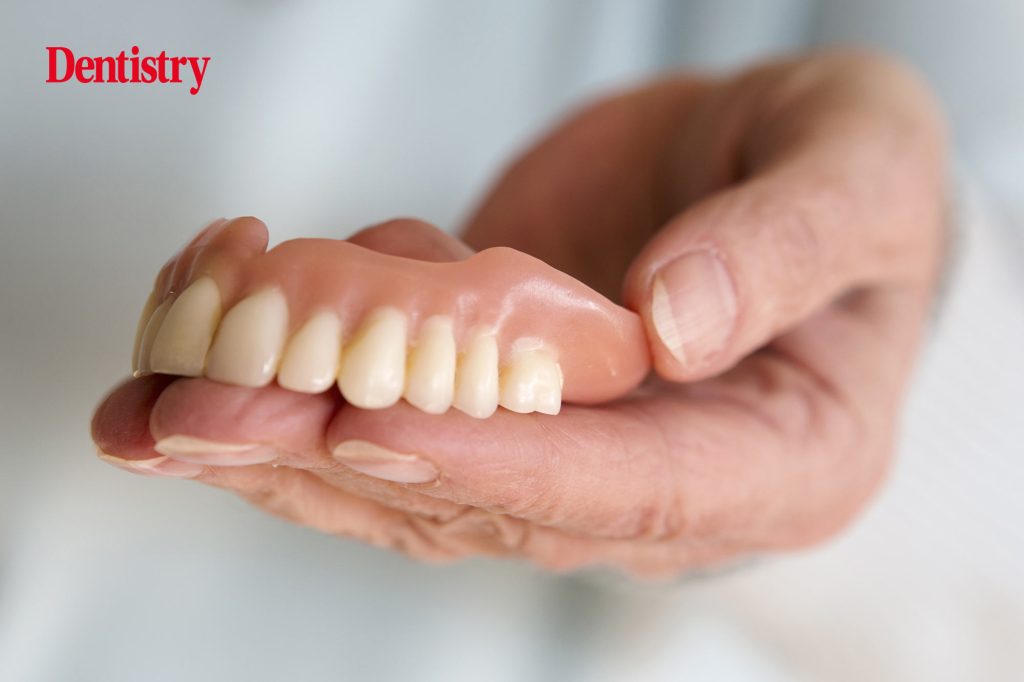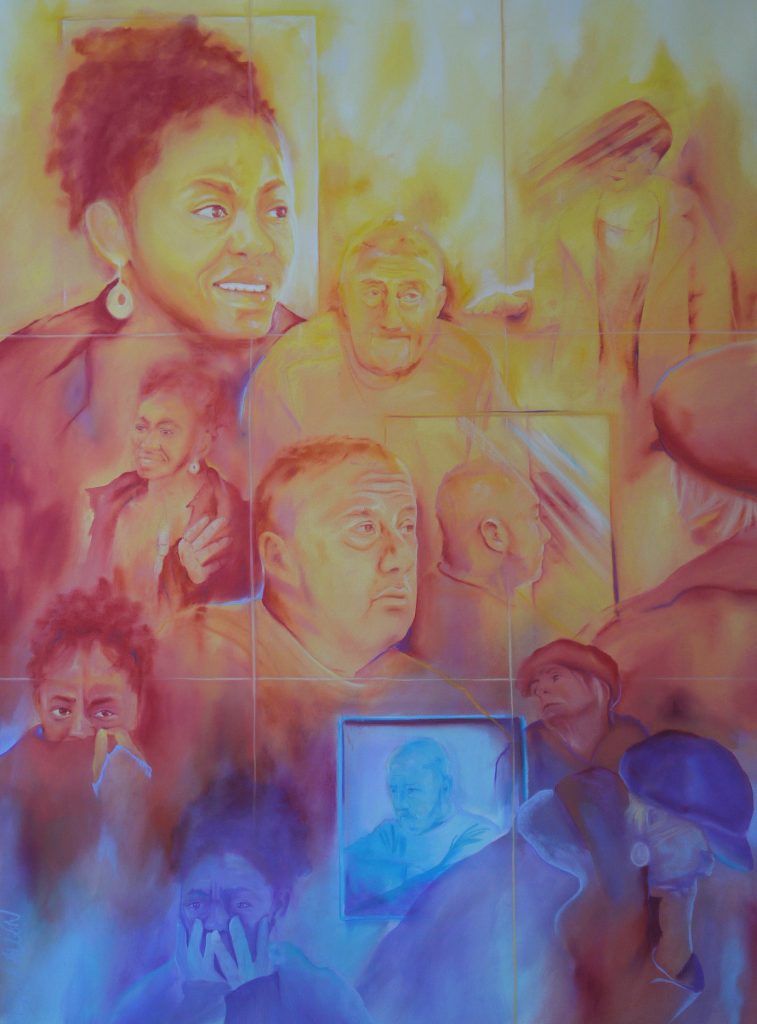
The ‘hidden challenges’ and emotional struggles faced by people with tooth loss and dentures have been revealed by a new study.
Conducted by the University of Sheffield, the study aimed to understand the patient journey from tooth loss to adapting to new dentures.
It observed two different groups – patients who have had dentures fitted in the last five years and patients currently receiving treatment for a new or replacement denture. The participants ranged from 22 to 86 year olds, 55% of which were male and 45% female.
Data was collected through observing the denture fitting process, carrying out debriefing interviews and holding a follow-up focus group.
The study’s findings showed that patients experience feelings of self-consciousness, shame and fear, and worry about the impact of tooth loss on their livelihood. They also face physical sensations including pain and sensitivity.
One participant said about their denture experience: ‘…it was embarrassing as well and I find that still the same at the moment. In fact, none of my family actually know I have got a denture. That’s how embarrassing it is for me.’
With 10 to 15% of the UK population wearing removable dentures, the researchers hope these findings will guide dental professionals to manage denture patients better. This could include paying close attention to the feelings of the patients, adapting treatment plans and developing better aftercare.
Four stage journey
The study also found that patients consider their denture journey as four different stages:
- Tooth loss, the initial stage in which the physical loss of teeth is first experienced
- The emotional tunnel, focusing on the ’emotional rollercoaster’ of tooth loss. During this stage, patients may experience emotional challenges, such as self-consciousness, depression, anger and fear, as well as hope
- Prosthetic hope – the third stage which represents hope and optimism while the patients are getting their dentures. This may be due to the anticipation of getting their smile back or being able to eat normally again
- Prosthetic compromise leading to managing disclosure. This final stage may involve the patients adjusting their expectations as they acknowledge that their dentures will take some getting used to. In addition, they may need to learn how to talk and eat properly while wearing dentures, and ‘develop strategies’ to feel comfortable sharing their denture use with others.
As a result, the researchers believe that, as dental professionals, empathy during this period is ‘crucial for successful denture use and better patient outcomes’.
The findings also suggests that wearing removable dentures can act as a ‘hidden disability’ for many patients. Due to this, they may feel embarrassed or worried they will fall out. They may also feel they need to hide their dentures and consequently avoid social situations.
‘Hugely traumatic’
Barry Gibson is the lead researcher and a professor in medical sociology at the University of Sheffield. He said: ‘Tooth loss can be hugely traumatic and this study has uncovered just how challenging it is for people needing partial dentures.
‘Feelings such as embarrassment or shame can significantly affect the process of having dentures made and fitted.
‘On top of this, if they don’t fit properly this can make everyday activities such as speaking, eating and drinking very difficult which affects a person’s quality of life. The impact can be so dramatic that it can impact their confidence to leave the house. This can have a devastating and lasting impact.
‘Understanding the emotional difficulties identified in the study will help dentists to improve the care given to denture patients and lead to a more successful and better experience for everyone.’

The researchers also partnered with Gina Allen, an artist from Sheffield, to illustrate the ‘diverse emotional journeys’ that denture patients experience.
As a result, she created a collage depicting the different journeys that patients go through, from tooth loss to wearing a denture. Her use of colour intends to illustrate ‘the emotional nature’ of the patient experience, demonstrating that each one is unique to the individual.
Her picture depicts a young woman with a successful treatment outcome (left), a middle-aged man who is feeling ‘meh’ (centre) and an elderly woman struggling to adapt to her denture (right).
Gina said: ‘I’m a visual artist with a science background and a particular interest in how art can help to explore and interpret data, often around social and environmental themes.
‘It seemed to me that there was such a depth and variety of individual experiences captured by the research team on this project, so it was a really interesting challenge to be involved in, trying to use the visual parameters of an artwork to convey some of that in an engaging and meaningful way.’
New care pathway needed
The researchers also believe their findings highlight the need for ‘clinical care pathway’. This is so that the support given to denture patients can improve, including denture fit, educating patients on denture care, and combatting the stigma associated with having dentures.
In addition, the study led to the development of a new patient questionnaire. This is designed to identify individual needs, improve communication and trigger follow-up appointments for patients in need of additional support.
In order to move forward with the questionnaire and clinical care pathway, the researchers are currently seeking further funding.
Bilal El-Dhuwaib is a clinical teacher in restorative dentistry at the University of Sheffield. He said: ‘This study is important because it goes beyond the typical numbers-driven approach to dentistry by looking at crucial aspects of patients’ emotions and lived experiences.
‘By understanding the psychological and social impact of tooth loss and replacement, the research provides a valuable toolkit for myself and fellow dentists to better understand and address the emotional rollercoaster patients navigate during this process. By equipping dentists with the tools to understand these challenges, we can create a more compassionate and effective approach to tooth replacement.’
Follow Dentistry.co.uk on Instagram to keep up with all the latest dental news and trends.


